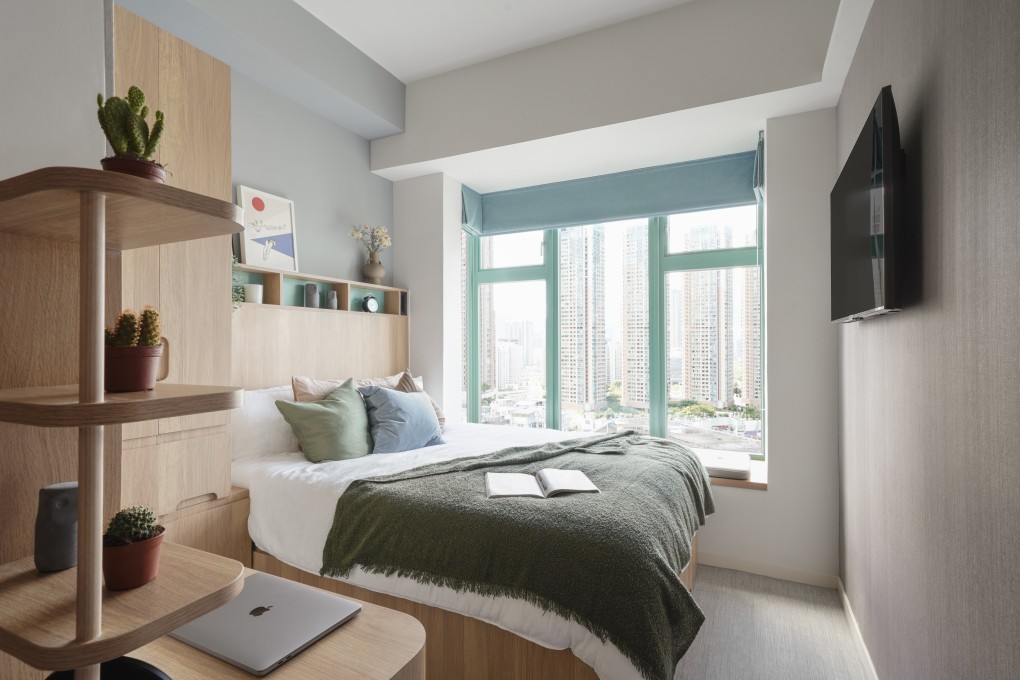Vastly different Hong Kong, Singapore housing markets find common ground in booming co-living segment
- The co-living market in Hong Kong and Singapore is thriving despite the pandemic affecting the global economy and leaving millions without employment
- The co-living occupancy is between 80 and 90 per cent in Hong Kong, and more than 90 per cent in Singapore, analysts and operators estimate

Hong Kong and Singapore, rival finance hubs in Asia, may have vastly different housing markets, but one thing they share in common is a relative abundance of co-living options.
Last year, a study by Knight Frank ranked Hong Kong as fourth and Singapore ninth among 20 Asia-Pacific cities that are likely to see growth in the co-living segment. The study tracked attributes such as housing affordability, university population, venture capital deals and quality of life.
Analysts and operators said both markets were “doing well” and “relatively successful”, with occupancy rates of between 80 and 90 per cent in Hong Kong and over 90 per cent in Singapore as recently as July. This despite a pandemic that has crushed the global economy and caused unemployment on a massive scale. At the peak of the first wave of the outbreak in Hong Kong in the first quarter, co-living operators said they had to slash rates between 15 and 50 per cent to keep tenants.
Some operators like Weave Living decided to ride out the pandemic, making a conscious decision not to accept new tenants in Hong Kong between March and May for the safety of their existing tenants and staff.

“We see both markets being resilient for the co-living sector given the nature of accommodation being one of the basic needs, and our co-living offering, and the industry in general, being an attractive and competitive one,” said Aaron Lee, founder of Dash Living, which operates co-living units in Hong Kong and Singapore.